It was ten years ago today that the IRA exploded a 3,300lb bomb in the centre of Manchester. Pictures below show the destruction in Corporation Street and the way the street looks now after several years’ rebuilding. 200 people were injured as police tried to evacuate the area. I was several miles away at the time but still heard the explosion. The truck containing the bomb was parked just by the postbox which nevertheless survived intact (well, they are made of cast iron).
Despite the devastation, most people now agree that the IRA did the city a favour by forcing large-scale rebuilding of an area spoiled by the bad retail architecture of the 1960s. The city would have changed over time anyway, it always has (and, indeed, still is); the bomb acted as a catalyst that forced the pace of that change.
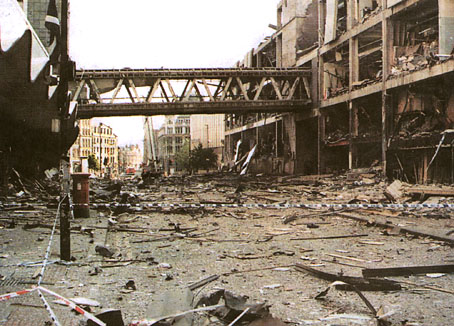
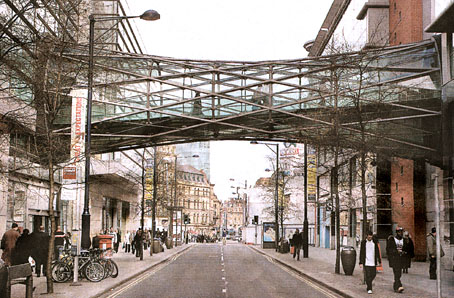


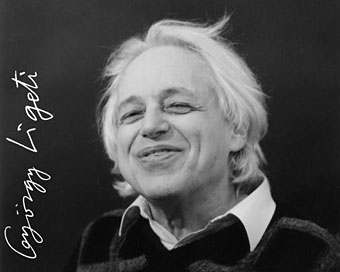
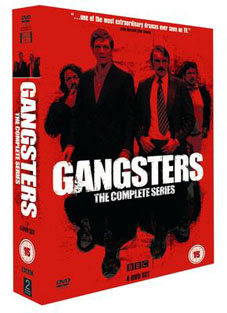
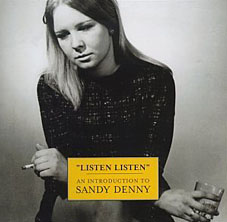 “We don’t hear
“We don’t hear